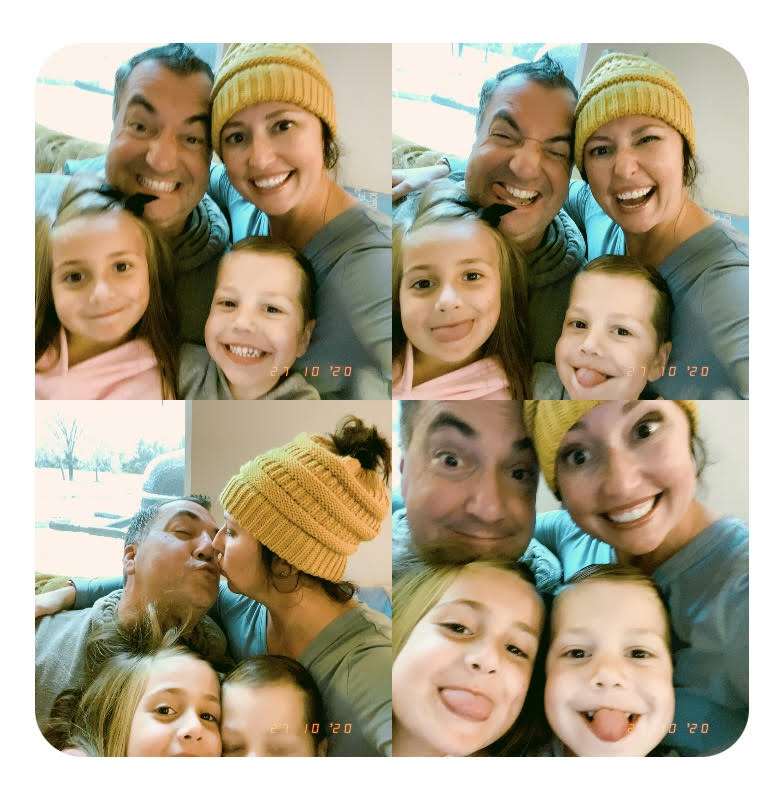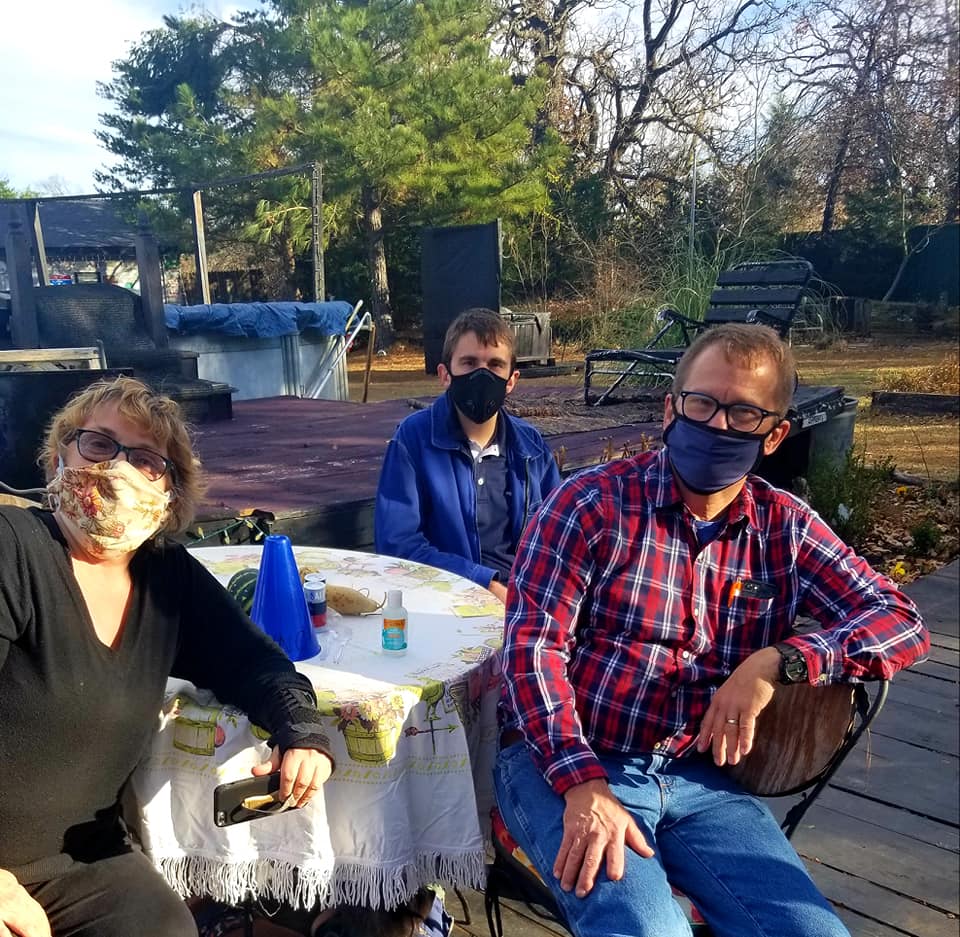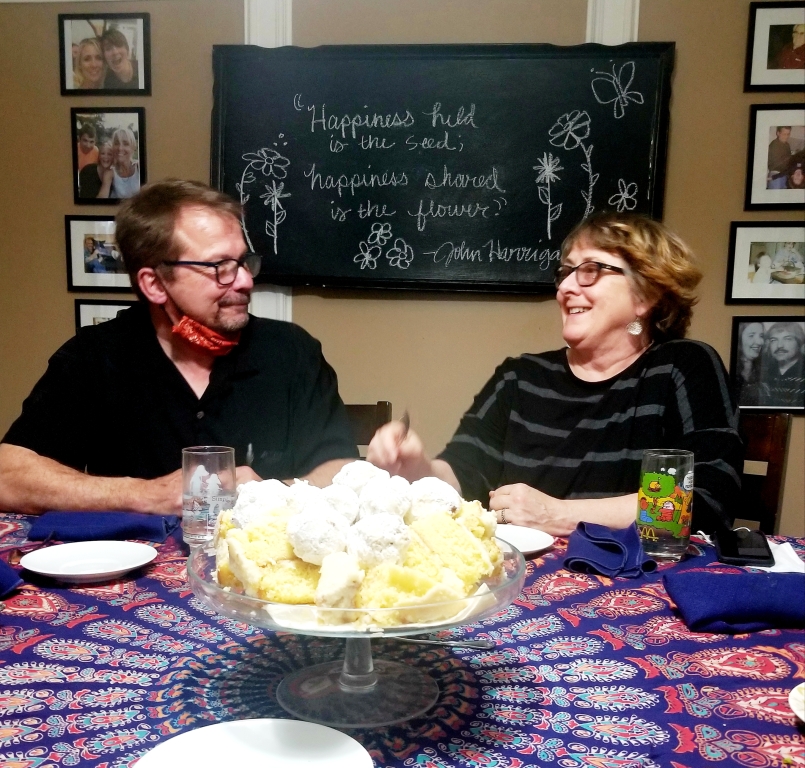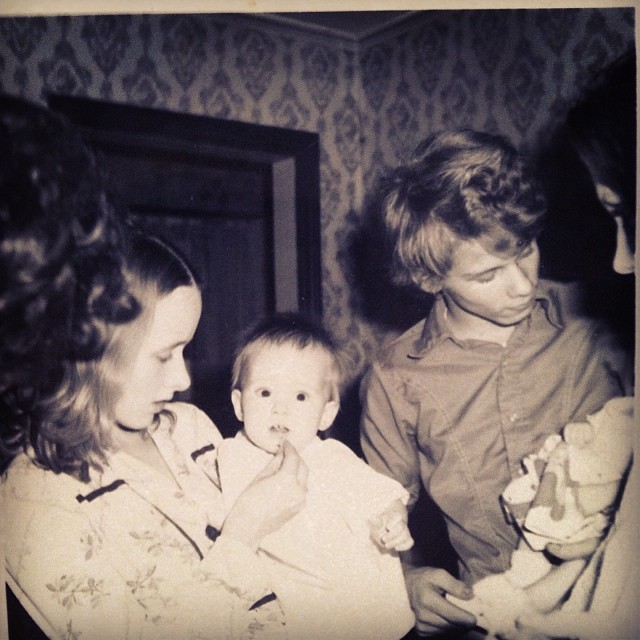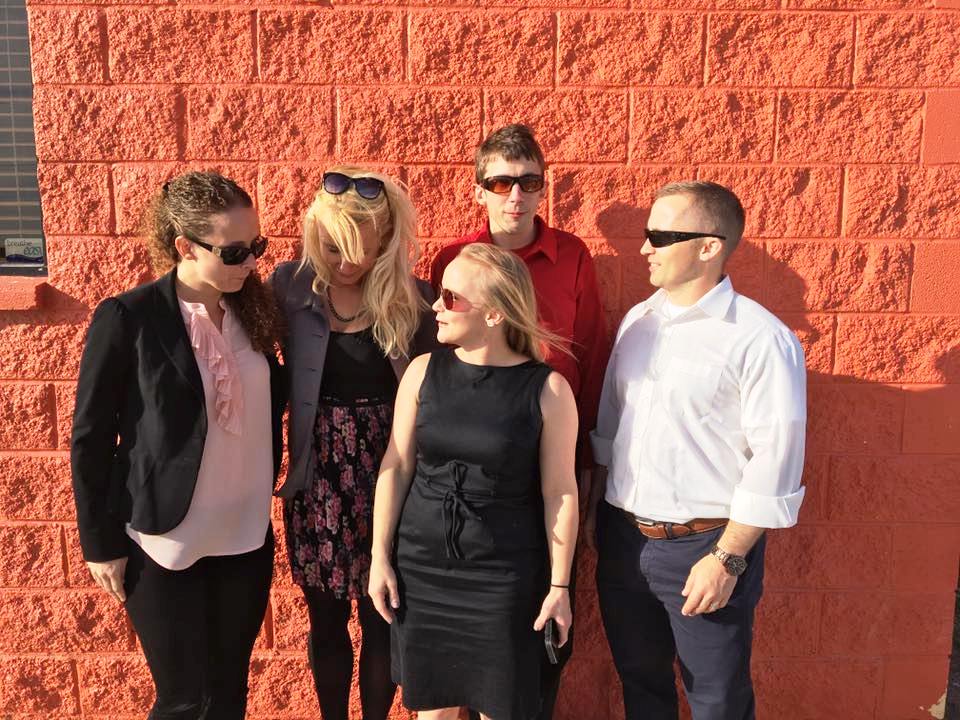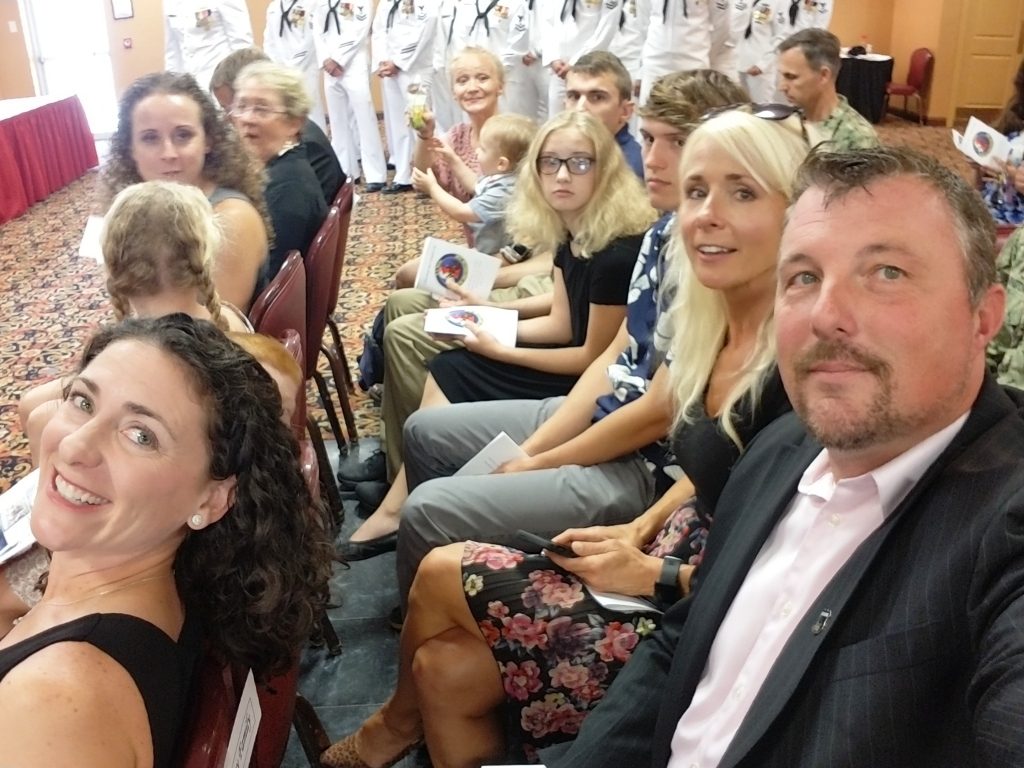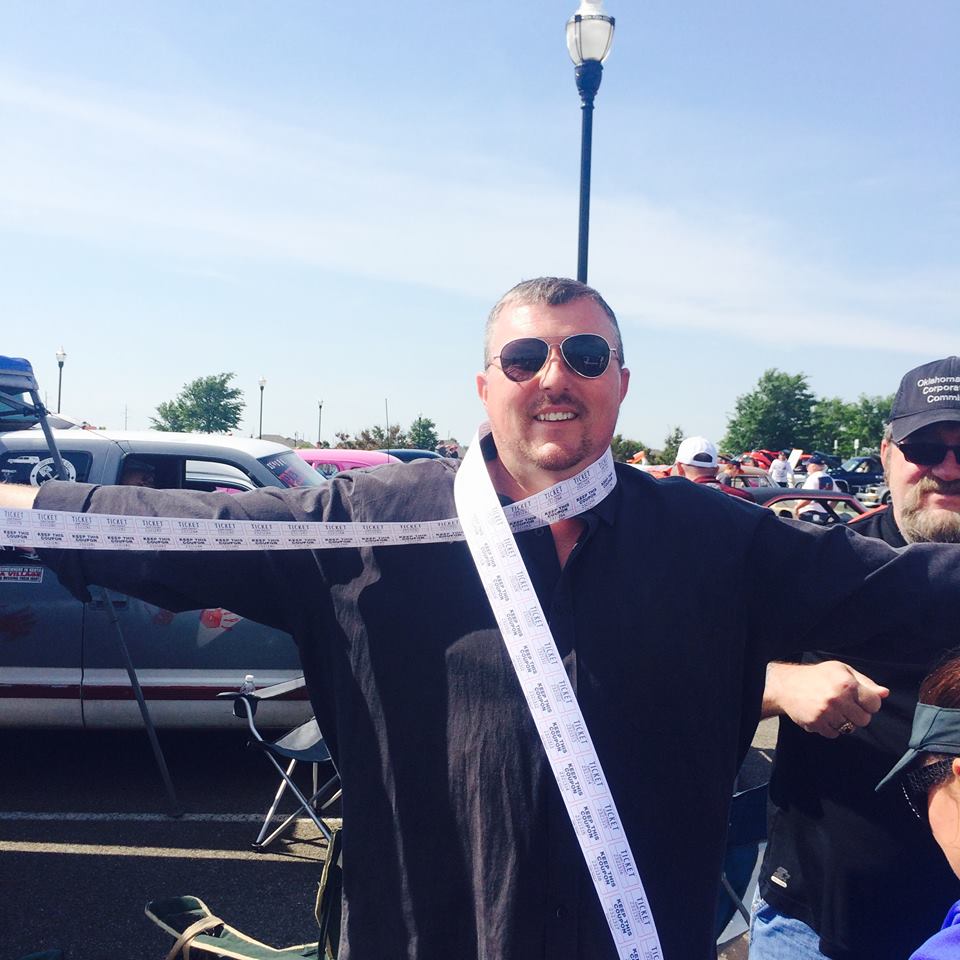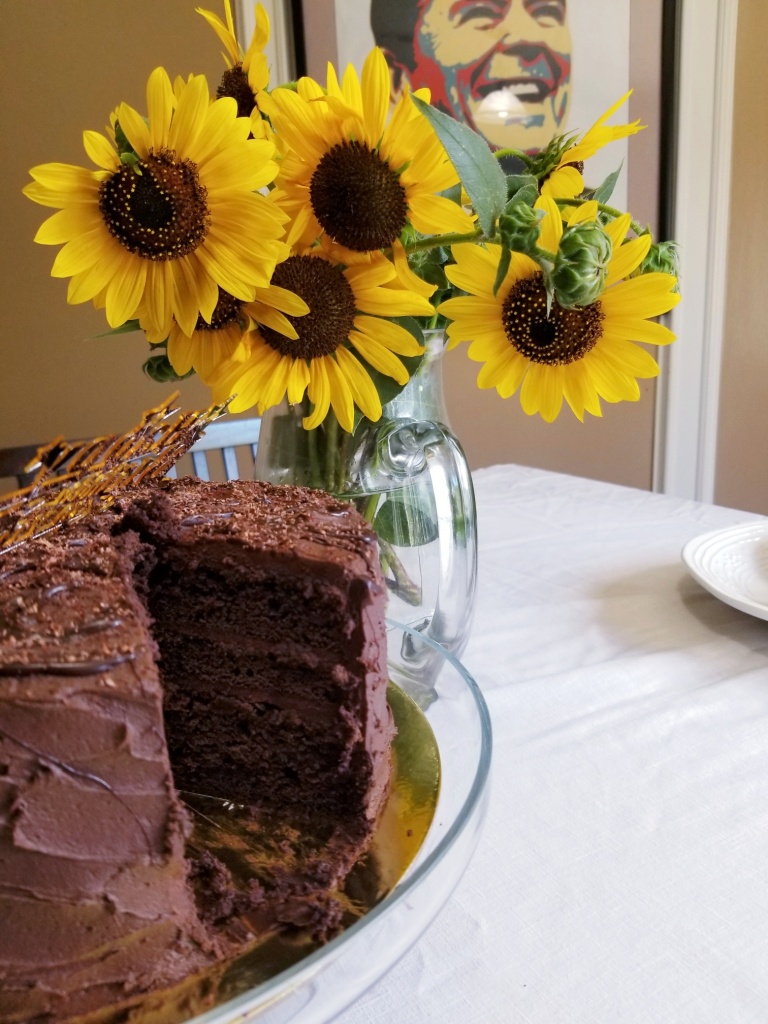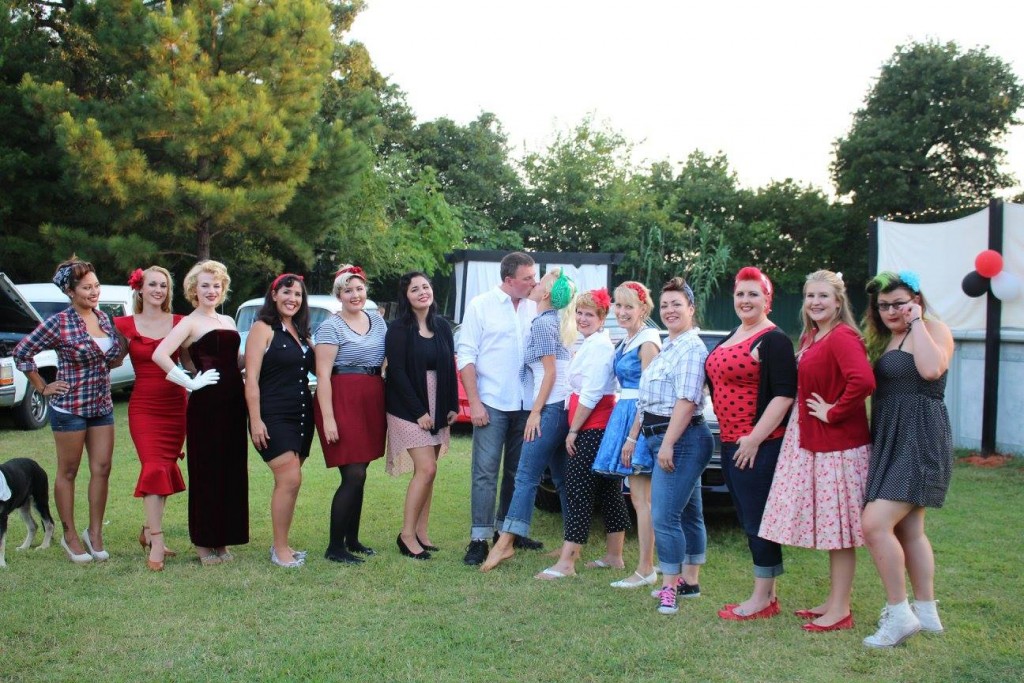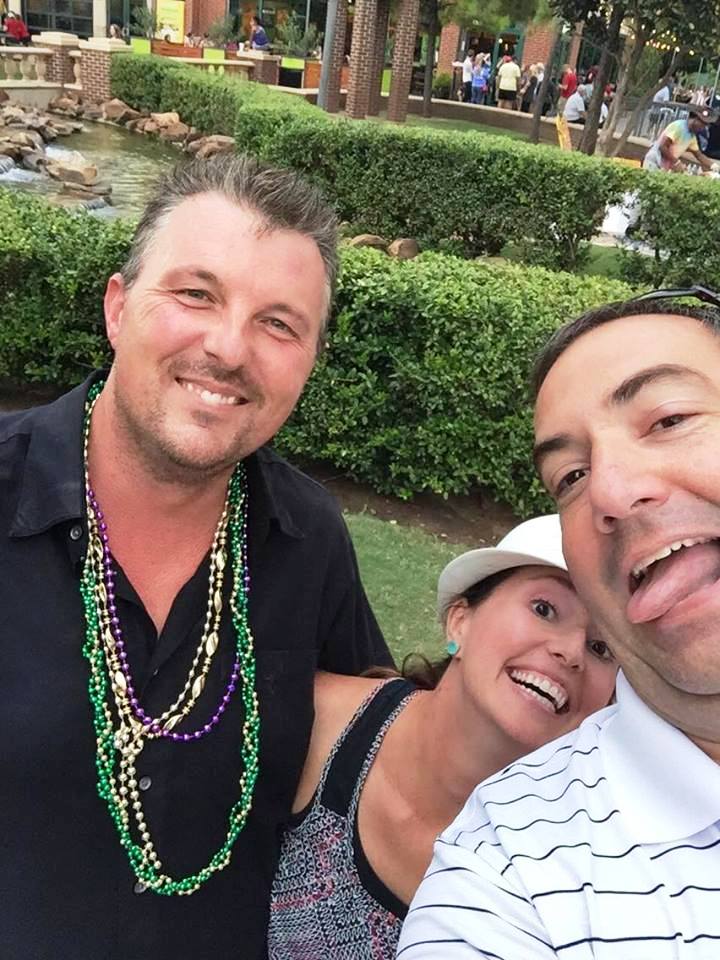Kaanji granted me a Zoom conversation on her Saturday morning (in Oklahoma I was Zooming on my Friday afternoon). She had just woken up in her childhood bedroom, in Melbourne, Australia, where she has been staying since last autumn. It was raining there. She was looking forward to a quiet day and a series of other Zoom calls with her friends in far flung places, including Gen and Julia, who I have to thank for this fun introduction.
As soon as we exchanged excited pleasantries, Kaanji grabbed my hand and without warning took me screaming and laughing on a wild jump over her mile high cliff of storytelling. I barely knew which end was up. Speaking in her irresistible Aussie accent, she told me about why she fell in love with Los Angeles, why she isn’t there right now, how the rest of the world views the United States’ handling of the covid pandemic, and what might happen next in her life. She told me about care packages to herself and hotel quarantines and hot cross buns in cold weather, as well as manicures, celebrities, online dating during a global pandemic, and more. She made me want to stay up all night just listening to her stories!
Her year in pandemic has been in many ways as frustratingly typical as anyone’s but also very unlike any other, because at the height of it all, she flew halfway around the world and got stuck. Let’s rewind a bit.
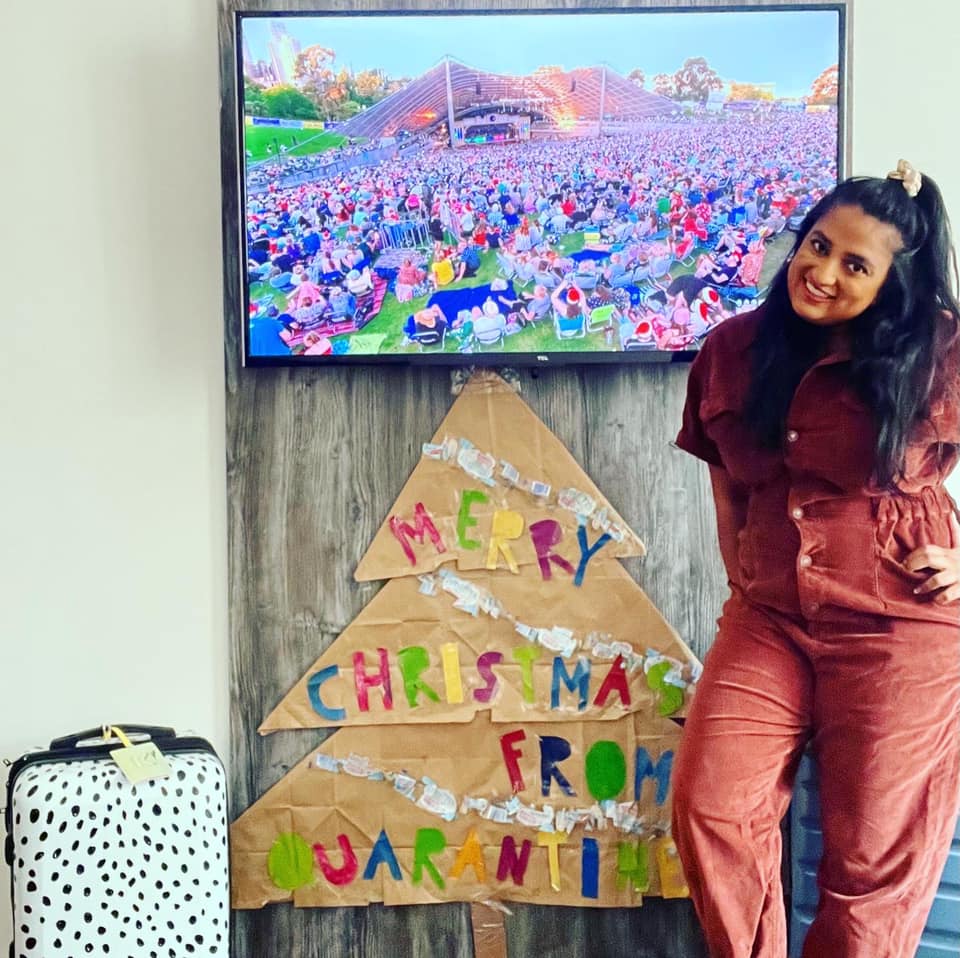
About six years ago, Kaanji came from her native Australia to Los Angeles, for a birthday vacation. “Obsessed with Vanderpump Rules and Keeping Up with the Kardashians,” she was happily seduced by all the celebrities and American pop culture. She even met Will Smith on that trip. Just five months later, she moved to LA for work, never met another celebrity, but began putting down roots anyway. By then, it was something more genuine that grabbed her. The diversity and melting pot environment, the great big city with “a place for everyone,” had captured her heart. She also found her community.
As an auditor, then, and having previously worked for the Melbourne Symphony Orchestra, Kaanji crossed professional paths with Gen, who then worked for the Los Angeles Philharmonic. The two forged an instant friendship. Even after Kaanji left that job, the two remained close. Gen absorbed her into the warmth of the LA Derby Dolls social circle. The “squad” as Kaanji affectionately refers to them, became her family that filled up her home away from home. Just no book reading for her, thanks, no matter how many book clubs the Derby Dolls attend. She continued flying back and forth between the continents, visiting loved ones and living a full and happy life.
In February, 2020, when covid-19 was barely on anyone’s radar, Kaanji and a few friends were in Melbourne to watch “The Tennis” (also known as The Australian Open). People were sanitizing seats and surfaces everywhere, and rumors were flying about food shortages, but Kaanji wasn’t buying into the hype yet. She thought, “Whatever, hoard away.” That sentiment would change in just a few weeks, back home in LA.
Keeping in mind that Australia had just wrapped up a long, horrifying chapter of devastating bushfires, some people there were already accustomed to wearing masks, never mind that they were ineffective against smoke inhalation. Kaanji remembers hearing about masks to mitigate the virus and thinking, “Oh my god so dramatic!” That was the response many people had in the beginning, but her friend, whose dad is a physician, convinced Kaanji to take two spare masks which they found at the hospital. She accepted them but did not wear them on her flight back to Los Angeles.
Upon landing at LAX, she witnessed just one employee wiping handrails with alcohol and towels and thought that was odd. Already she could see that people were behaving so differently in LA.
She resumed her California dream but watched with everyone else as covid updates began picking up steam.
On March 15, she was enjoying a proper manicure, one of the few personal indulgences she cannot do without, when news came that lockdowns in California were imminent.
Kaanji was absolutely caught off guard for food supply and toilet paper. Being a single girl often at work or on the go, she never had a need to stock pile much in her apartment. When the city plunged into its first serious lockdown, she was startled by the empty shelves at Ralph’s grocery. Exactly one onion remained in the produce aisles! At CVS, she found nothing in the freezer cases and resorted to buying offbeat foods, whatever she could find. She somehow managed to make a single roll of one-ply bamboo toilet paper last her for four months.
Even once she was able to replenish her groceries, stress snacking was unique for Kaanji. She had a long standing custom when she traveled of shipping herself packages of her favorite Australia treats. Having just been home for The Tennis, she soon benefitted from that trip’s shipment and spent lockdown enjoying her favorite Australian chocolates, among other treats. (I forgot to ask her about vegemite!)
Entertainment in quarantine seems to have crossed over plenty with personal grooming, and it was the most relatable thing ever. She minimized being out and about as much as possible, but one private indulgence remained: She had to have her nails done professionally. “That is one thing I cannot do without!” she laughed generously, and showed me her pretty hands, temporarily bandaged for protection from cooking. “I draw the line at not getting my nails done.” Months into shut down, she cautiously paid a friend to come to her apartment, both of them masked and stretching their arms as far as they could, to file and shine her nails. (I curled up my own fists in my lap and made sure Kaanji could not see my gardening, animal- tending eyesores as we spoke.)
While California (and much of the United States) at large was not locking itself down nearly so strictly as, for example, Melbourne was, Kaanji and her friends took the virus seriously. They wore masks now, when they had to be out. They avoided crowds and sanitized judiciously. During those first months of the covid pandemic, they all worked from their respective homes and stayed apart but connected with Zoom calls at least every other week. “This is the only constant I have in my life,” Kaanji said a bit pensively. Living for several years separated from one set of loved ones or another, she had learned to communicate electronically, which was now serving her well. She even had a friends’ Zoom open in the background several months later, the day she packed to fly back to Australia.
That spring and summer, the atmosphere in Los Angeles was tense for more than worries about the virus. Political and social conflict simmered hotly then boiled over, and Kaanji happened to live in a neighborhood where some of the biggest, most violent protests took place. She laid out for me her decision making process of whether to attend certain rallies and why, of which human responsibilities were most urgent at different times. “There were bigger issues,” she said, almost pleading with herself, clearly conflicted. She told me about witnessing a woman being shot with rubber bullets, plus other firsthand accounts of violence. I could hear the compassion in her voice, could see the worry on her face for how people were being treated, for the social values at stake. She told me about a night she tried to help monitor a small business in her neighborhood, hoping to ward off rioters and looters, and the National Guard followed her aggressively. All the humor and novelty of pandemic drained out of her when she shared these memories. It was obviously a heavy chapter for her, for everyone.
As the year wore on, these stressors plus some personal losses caused her to reevaluate her life in Los Angeles. She had enjoyed an online romance with a man, but it ended before they ever met. Then a close friend of hers died from cancer. By midsummer she was thinking about spending Christmas in Australia. This was also around the time that she, along with everyone else in the U.S., was anxiously awaiting the results of the presidential election. The prospect of a holiday trip was welcome distraction.
It was a collision of perfect timelines and a little serendipity. Just as she was weighing her options, Kaanji learned that the Australian government was offering paid hotel quarantine for people returning home within a narrow window of days. Remember that Australia’s version of lockdown was from the beginning far more extreme (and effective) than anything we have seen here in the United States. Their freedom to move about was truly eliminated, making it almost a police state; but this did result in unbelievably low infection rates. She trusted that she was headed to a much safer part of the world than Los Angeles.
As it happened, she was able to find deeply discounted airline tickets that fit the required window, so she took the leap and booked a flight home for November 29th. This would begin her long, somewhat open ended absence from the melting pot city she had come to love.
The Australian government paid for her to quarantine in the Sydney hotel, and it was a true quarantine, unlike anything we have seen here. People in town needed a permit to move about past a three mile radius, and she could not leave her room at all for two weeks. Three times per day, meals were delivered with an impersonal knock at the door, and the food was rarely good. The rooms boasted questionable hygiene, and she was lonely. She also suffered an ear infection during this time.
Still, true to her go-with-the-flow spirit, Kaanji summoned her creativity and networking skills to get through those strange days. She found a Facebook group comprised specifically of Australians in hotel quarantine (because of course this exists!). She salvaged brown paper bags from food delivery and used tiny scissors from a travel sized grooming kit to painstakingly fashion a Christmas tree decoration for her wall. She grew a lighthearted “Keeping Up With Kaanjo” social media following, just to maintain her sanity. Stuck between her two homes, it all had far from a holiday vacation vibe, but she was safe. Eventually she did get to join her family for Christmas.
Sadly, just two days after Christmas, Kaanji learned that her aging aunt had contracted the deadly virus. Her aunt lived in London at the time and had been using a hospital transport to attend weekly kidney dialysis treatments. Since she had been extra careful in every other area of life, the family surmises this is how she was exposed. Due to her already vulnerable health and advanced age, she succumbed to covid-19 after a long, difficult month of suffering. “She was so weak,” Kaanji shared.
Suddenly, the importance of family nearness, however altered because of travel restrictions and a lack of large group gatherings, was underscored. Although they felt angry to have lost their loved so few weeks before the vaccine was made available, it was good just to be a little bit closer to each other. It somewhat lessened the sting.
We talked about the vaccine and the sharp contrast between how the United States has behaved during pandemic, compared to the rest of the world. She shared that most Australians, for example, have been fearful of the virus and content to stay put. They readily dismiss travel in order to stay safe. The restrictions are just accepted, perhaps because they have lost their freedoms before. Moreover, they see the rebelliousness of Americans as a bit selfish, as risky beyond what we need. In Australia, just one positive case can shut down a city, as we will see later. Extreme contact tracing is a foregone conclusion, not a debatable intrusion to anyone’s privacy.
Kaanji is rightfully proud that her home country has handled public safety better than we have, but she also admits that she is envious of our vaccine rollout here. Their cases are zero, but they are unable to leave. They have “no empathy” for anyone overseas, and overall there is definitely an “us-versus-them” mentality.
Kaanji has reached a gentler conclusion about it all. She spoke in the same mellow, loving voice she used when remembering the riots in Los Angeles: “You can’t control anyone but yourself.”
She continued working remote for a time, but that had to end too. By early 2021 Kaanji had to tell her employer she was not returning to the states any time soon, and she began the long, arduous process of not just finding a new job but also fully undoing her life from another continent. She offered personal possessions to her friends then paid her regular housekeeper once more to clean her LA apartment and sweep through, taking whatever she might want from what was left. “It was the least I could do,” Kaanji almost whispered. Her friends helped at every turn. Gen took care of loose end banking business in LA and eventually helped return her leased vehicle. It was a lot for Kaanji to organize, but the activity was helpful. Kaanji found that all the list making and short term tasks and goals kept her busy in a good way, kept her from over thinking things that were outside of her control.
And so Kaanji’s life in Australia has pressed on in limbo, under these bizarre quarantine circumstances. She is living in her childhood bedroom, happy to have reconnected with cousins and appreciating the time with her Dad, enjoying daily walks and no snakes (unbelievable). But she is also weary of isolation and missing her life back in Los Angeles. “My life is a distraction,” she said with a smile and a little bit of surrender. In recent months she has taken up cooking elaborate, picturesque meals like Japanese Katsu curry, though she rarely eats the food. She just makes it for the Instagram photos, ha! She once ordered $60 worth of yeast and that never arrived then spent five hours teaching herself to make hot cross buns, one of her favorite seasonal treats.
By this January, 2021, Australia no longer had a mask mandate. Kaanji described a whole new kind of culture shock, in adjusting to this. The short plane rides when they actually served meals. She accepted a position at a firm in Melbourne and had to acclimate all over again to the old ways of riding in elevators with others, shaking hands, and speaking face to face without masks. She said that a year later, it all finally hit her, when she began to feel normal.
In March of this year, Kaanji and a few friends were back at the Tennis. She was actually at a match when another eerie announcement was made. A single positive case of the now familiar virus sparked the city’s shut down. Officials dropped a midnight curfew which was enforced by patrolling officers and hefty fines. Kaanji and her friends spontaneously crammed three days’ worth of tourism into a “one epic night,” barely making it back home before midnight. She said it felt like a scene from an apocalyptic movie, running away from the train station.
I was thirsty to know how Kaanji remained buoyant in the midst of so many changes and plot twists, so much fear and upheaval. She had been smiling almost constantly as we spoke, sharing her stories matter of factly, only occasionally dipping into shadows. So I asked about her mental health. She boldly expressed her gratitude for the Derby friends who provided constant support. They certainly bolstered each other. “No words can thank them enough.” She also shared that at some point during this strange year she reached out to her former therapist in Australia and rekindled a good dialogue, virtually. “Telehealth is the greatest thing to come out of pandemic!”
Kaanji’s heart is in more than one place at a time, but for now her body lives in Australia. She expects to stay there for the next year or two, and now that pandemic is winding down she has some soul searching to do about how to spend that time. She is already campaigning hard for the Derby group to visit her for “the trip of a lifetime!” when it’s safe to travel. Eventually, she plans a return to California, to live in a house on Manhattan Beach in California, adopt a midsized rescue pup, and take up paddle boarding.
When I think of the meandering path Kaanji’s life has taken, especially this past year, and the exuberant ways she chooses to live, I feel excited for her. She strikes me as the kind of person who can flow with purpose and self determination through and around any obstacle, like the strong, roaring Thompson River in Colorado, using the rocks to direct her considerable energy and maybe carving gently away at them, too. Shaping the rocks themselves with her will.
However she chooses to spend the next couple of years, I know she will extract goodness from her life. I know that when her California family comes to visit her in her homeland, she will absolutely give them the trip of a lifetime. And when she moves back, I hope to meet her on Manhattan Beach and discover what breed of pup she has rescued.
XOXOXOXO
